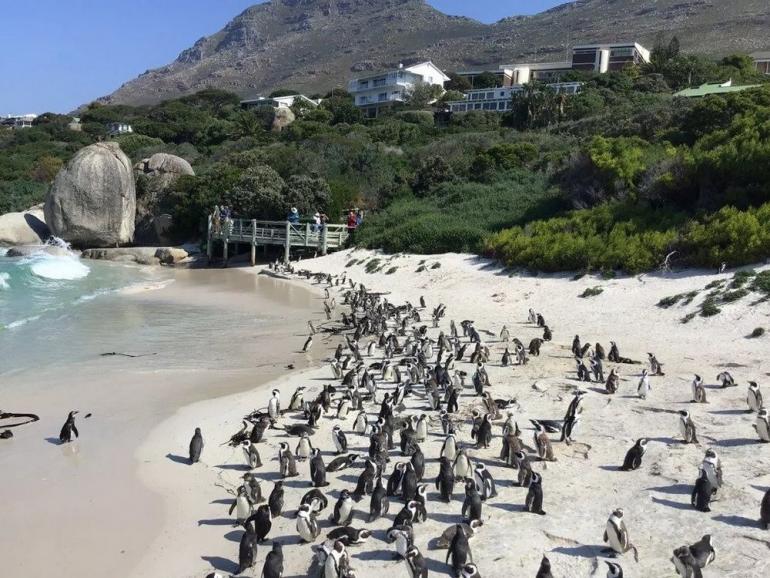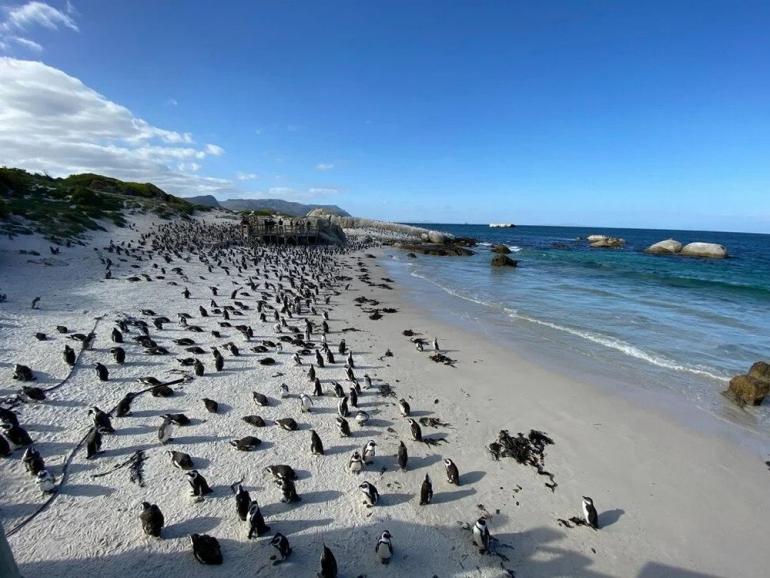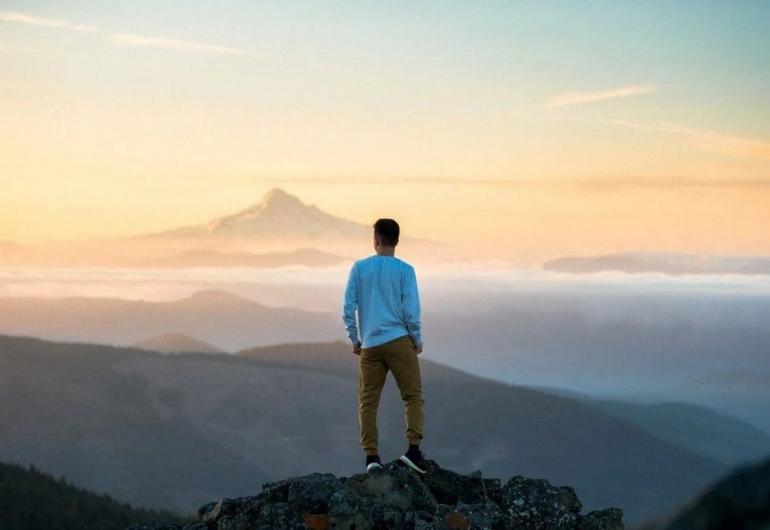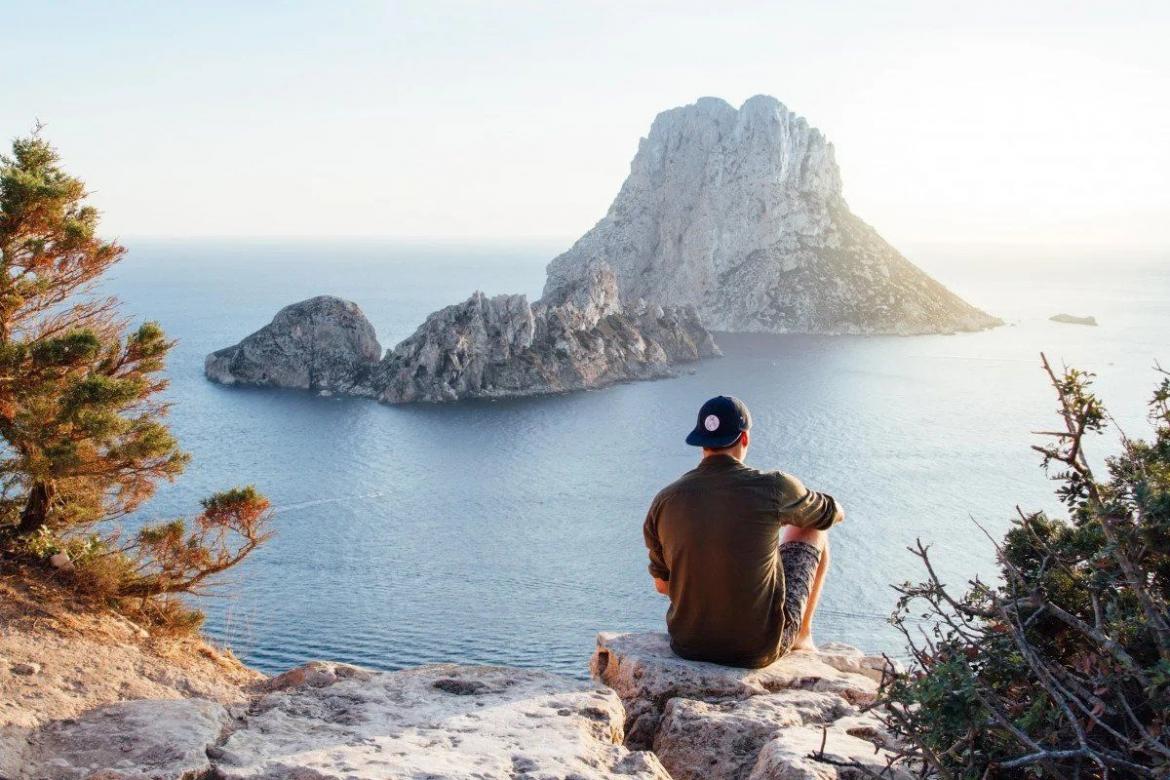In these unprecedented times when entire countries are shutting down and large-scale social distancing is rampant, the ways in which we operate and connect with one another and the world around us have changed.
Nowhere is this more apparent than when looking at the current state of the world’s travel and tourism industries. Granted, these sectors are mostly on a forced hiatus because of the restrictions on movement and border closures. Once the worst of the pandemic is behind us, however, these measures will ultimately ease.
But that doesn’t necessarily mean things will revert exactly to how they were in pre-coronavirus days. While it’s impossible to predict with complete certainty what the future may bring, the following trends are likely to shape the ways people engage with travel around the world.

1. #StayAtHome some more
The impact of the coronavirus crisis extends well beyond concerns for humanity’s physical health. Its aftermath is already having and will continue to have severe economic implications, leaving many travellers strapped for cash, unable to afford the epic international adventures of pre-pandemic epochs.

However, people will still want to travel. While personal budgets may tighten, the desire to get out and explore will only ramp up, especially after thrill-seekers and adventure junkies are released from lockdown.

As such, many travel-lovers will look closer to home for more wallet-friendly, wanderlust-busting excursions. Expect more people touring around their home countries, supporting local economies and exploring their own cities.

2. Ethical wildlife tourism is the new black
An international outcry regarding the ethical treatment of animals followed the controversy surrounding the coronavirus’ possible origin from a Chinese wet market.
The movement away from unethical wildlife tourism experiences will therefore gain even further momentum once the pandemic subsides.
No longer will that Instagram snapshot riding mistreated elephants or petting caged tiger cubs be considered cool, especially after the inhumane conditions of captive tigers was exposed to a locked-down-at-home audience via the pop-culture phenomenon that is Netflix’s Tiger King docuseries.

Future tourism will focus on supporting only accredited initiatives conserving and preserving the natural environment, flora and fauna in an ethical and sustainable way, with a distinctly more hands-off-the-animals approach, such as observing penguin colonies from a safe and meaningful distance at Boulders Beach, South Africa.

3. From IRL to armchair travel
As the world went into pandemic mode, individuals and organisations emerged with creative tech-enabled solutions to their geographical restrictions.
Live-streaming performances, video conferencing meetings and virtual excursions have become universally accepted as a new norm. In the travel industry, some impressive examples have already manifested and will only continue into a post-pandemic planet.
Keen to explore remote destinations? Always wanted to visit that world-famous art museum but never had the chance? Thanks to the internet it’s now possible – without ever needing to leave home.
From the Faroe Islands tourism organisation offering hour-long, viewer-controlled virtual walking tours around its spectacular archipelago, to live-stream guided safaris through a South African nature preserve, the era of armchair virtual travel is most certainly upon us.

4. Less mass, more mind
One striking and profound consequence of the pandemic has been its highlighting the deleterious effects mass tourism and industry have had on the planet and the natural environments in which we live.
From the widespread images of cities with less air and water pollution to the return of wildlife to previously defunct natural spaces, a clear message has been sent. As a collective, humans need to better care for our planet. This will undoubtedly influence post-coronavirus travel decisions.

An aversion to mass tourism and cookie-cutter travel experiences will compel the industry to move towards more sustainable, compassionate and mindful operating systems.
Fewer people will seek out clichéd holiday photos against a well-worn tourist attraction backdrop with more consideration given to how both one’s presence and pennies impact the local community and environment, only opting for those experiences that promote the health and well-being of people and planet.
Note: This story was originally published on SCMP and has been republished on this website.

